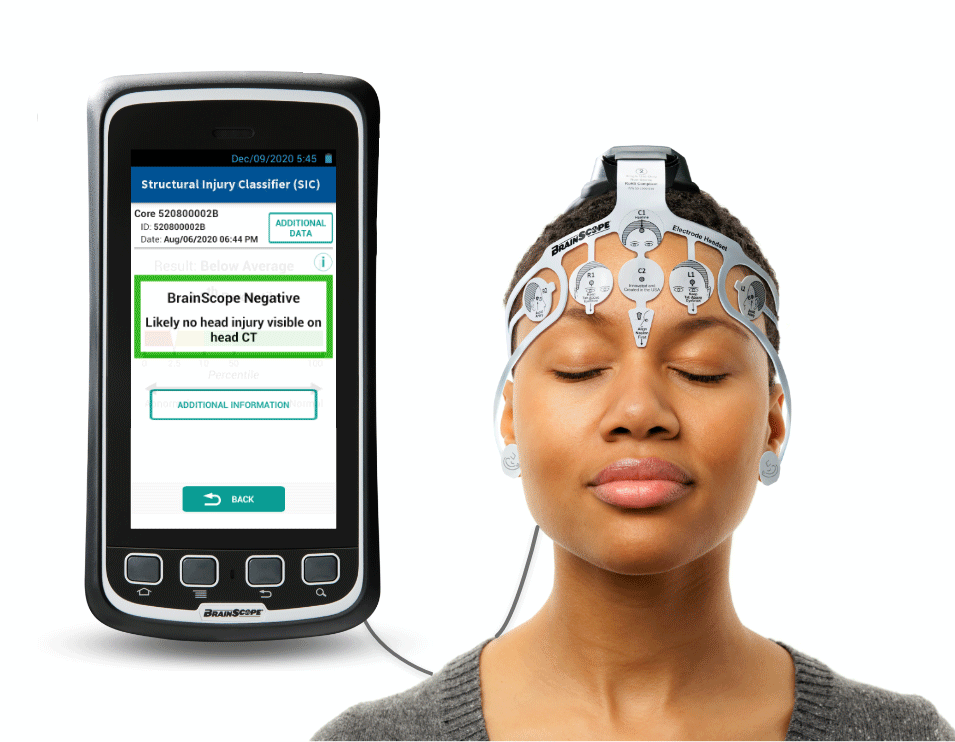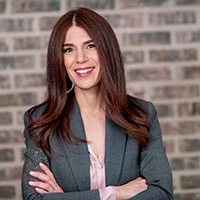When Susan Hertzberg started out at MetPath (today’s Quest Diagnostics), she was referred to as a sales girl. Her male counterparts on the other hand — the guys performing the exact same job of selling lab services to doctors – were called sales men.
“The vernacular,” Hertzberg says, “absolutely reflected the difference in power. And even though you were doing exactly the same job, somehow, women in these roles were lesser than men because we were girls and they were men.”
So, the smart, ambitious “sales girl,” who had a degree from Clemson University with a double major in psychology and medicine and who had also been accepted to medical school but didn’t go because she didn’t think she’d make a good doctor, became the top sales person in the company, while the sales men around her got promoted.
And though the sexism was difficult to deal with, it primed her for making the tough leap from sales to management. “That was the hardest transition I had to make,” she says. “For six years, I wanted to move up, and what I heard was, you’re just a sales rep.”
Hertzberg, who has since held the top spot in companies that have brought life-changing medical technology to market in the fields of cancer, heart disease, and fertility, now heads BrainScope, a biotech company responsible for portable concussion detecting devices.

And despite her C-suite status, she’s not afraid to give kudos to her sales background. “When I get asked now about what informs my thinking as a CEO, I will tell you, more than Columbia Business School, more than running marketing, purchasing, all the things I’ve done in my career, it’s being a sales rep, because I understand what it takes to convince somebody to do something they might not otherwise have done.”
Her first non-sales job: Client Services Manager. Her second: Payor Contracting Manager, working with healthcare insurance companies.
No matter where you start out in an organization, Hertzberg’s advice is to take chances. “There are very few things in life that are fatal mistakes,” she says. The second time she left Quest – she worked for them several times throughout her career — she went to Oxford Health. “I took a title demotion. I took a pay demotion, because I thought it was an experience that I wanted to have,” she says, adding, “there is no one path that gets you there, but have a vision and be okay with not knowing for a period of time.”
Another chance Hertzberg wasn’t afraid to take came about when one of the companies she fronted, Boston Heart, was sold. After staying around for the transition, Hertzberg decided she wanted to try something different and she went to Prelude Fertility – a company that is improving people’s chances of having healthy babies later in life. Think freezing eggs, freezing embryos and helping women and couples preserve their fertility options.
Speaking of babies, it may seem at first pass that Hertzberg had no family obligations to get in the way of her dynamic career, but in fact she had two kids of her own. Of the juggling act, she says, “it was really hard. There were times where one or the other got out of balance.” Though she says she didn’t travel much until they were in middle school, she commuted and was always racing somewhere. “I often felt like I was disappointing someone.”
No matter what she might have been feeling on the inside, outside Hertzberg was establishing herself more each passing year as a growth CEO. At Prelude, she built the largest network of fertility centers in the United States in a short period of time.
And though she was proud of the work she did there, the majority of her career has been in diagnostics and the possibility of bringing new technology to market was too exciting to resist. “I know we’re living in a pandemic, but there’s also a concussion epidemic occurring,” she says. “If you think about the 21st century, we’re in the century of the brain and BrainScope has the technology to assess brain bleed and concussion in patients in less than 20 minutes without radiation.”
Why is this important? Because in the U.S. every year five million patients go to the ER for mild traumatic brain injuries and four million of them get head CAT scans. “That’s the equivalent of 100 dental X rays to the brain. It’s radiation, it’s bad for you,” she says.
These days, Hertzberg has one thing on the brain: bringing BrainScope’s technology to the mainstream. “What I get really excited about,” she says, “is when I see people doing things that they didn’t think were possible, moving things forward in a way where we have enriched one another, making a difference in other people’s lives.”
That’s bossing, girl style.

Jessica Rao is an award-winning media professional with lifestyle, business and corporate/PR experience. She loves storytelling and interviewing and is at work on her debut novel.

